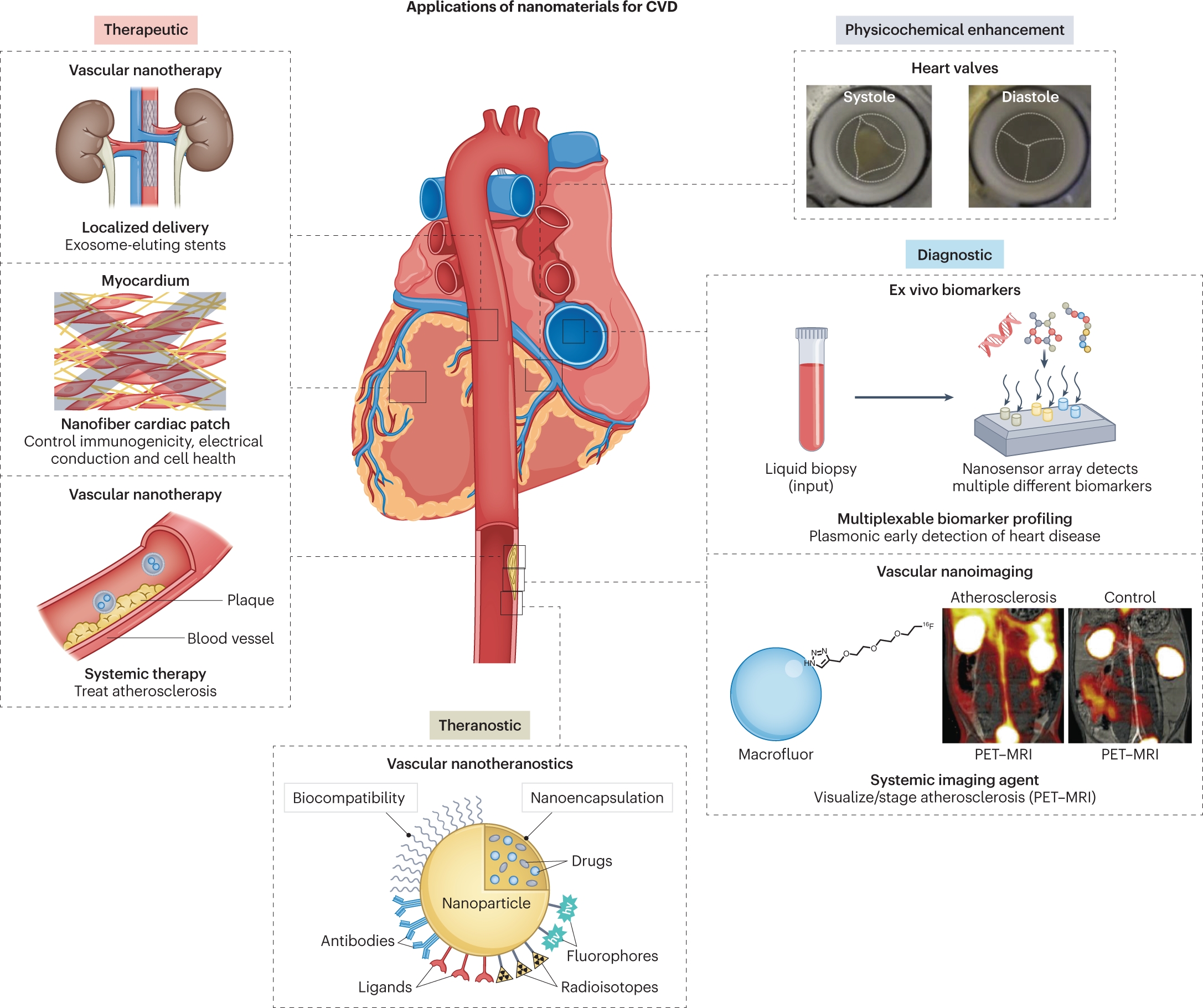The Arogyajivan Medical Tourism For Oncology PDFs
Table of ContentsArogyajivan Medical Tourism For Oncology for Beginners8 Easy Facts About Arogyajivan Medical Tourism For Oncology ShownGet This Report on Arogyajivan Medical Tourism For OncologyThe 4-Minute Rule for Arogyajivan Medical Tourism For OncologyArogyajivan Medical Tourism For Oncology - QuestionsThe Ultimate Guide To Arogyajivan Medical Tourism For Oncology
With its concentrate on minimally intrusive techniques, advanced imaging, and personalised medication, interventional cardiology is changing the means we approach heart health. At Atrius Cardiac Treatment, we are devoted to giving our patients with the greatest quality of treatment, ensuring that they obtain the finest possible results on their course to heart health and wellness.Cardiovascular diseases (CVDs) are the leading cause of death globally. An approximated 17.9 million individuals died from CVDs in 2019, standing for 32% of all international deaths (ArogyaJivan Medical Tourism for Oncology). Of these deaths, 85% resulted from cardiac arrest and stroke. Over 3 quarters of CVD deaths happen in reduced- and middle-income nations.
The most common factor for this is an accumulation of fatty deposits on the internal wall surfaces of the capillary that provide the heart or brain. Strokes can be triggered by bleeding from a blood vessel in the mind or from blood embolisms. The most important behavioural risk variables of heart condition and stroke are undesirable diet, physical lack of exercise, cigarette use and dangerous use of alcohol.
Arogyajivan Medical Tourism For Oncology for Dummies
Furthermore the person may experience trouble in breathing or shortness of breath; queasiness or vomiting; light-headedness or faintness; a chilly sweat; and turning light. Ladies are most likely than males to have lack of breath, nausea, vomiting, and back or jaw pain. The most typical sign of a stroke is abrupt weak point of the face, arm, or leg, most typically on one side of the body.
People experiencing these signs must look for treatment right away. Rheumatic cardiovascular disease is triggered by damages to the heart shutoffs and heart muscular tissue from the swelling and scarring triggered by rheumatic high temperature. Rheumatic high temperature is brought on by an abnormal response of the body to infection with streptococcal germs, which typically begins as a sore throat or tonsillitis in kids.
Unknown Facts About Arogyajivan Medical Tourism For Oncology

Individuals with heart disease must have access to suitable modern technology and medicine. Standard medicines that should be readily available consist of: pain killers; beta-blockers; angiotensin-converting enzyme preventions; and statins. An intense event such as a cardiac arrest or stroke should be without delay taken care of. Often, surgeries are required to treat CVDs. They include: coronary artery bypass; balloon angioplasty (where a little balloon-like tool is threaded through an artery to open the clog); valve repair service and substitute; heart transplantation; andartificial heart operations.
Arogyajivan Medical Tourism For Oncology Fundamentals Explained
Throughout the past two decades, major strides have actually been made in the diagnosis and therapy of heart disease. Nuclear cardiology has played a crucial function in detecting heart illness, analyzing illness seriousness, and anticipating results.
When the arteries become clogged up, the blood flow to the heart muscular tissue is impaired and a heart strike can occur. Nuclear cardiology research studies make use of noninvasive strategies to analyze myocardial blood flow, examine the pumping function of the heart as well as picture the size and place of a heart assault.

Arogyajivan Medical Tourism For Oncology Can Be Fun For Everyone
Radionuclide ventriculography is a noninvasive research study that provides details about the pumping function of the heart. In clients with coronary artery disease and in those who have actually had a cardiac arrest, the analysis of the pumping feature of the heart (likewise known as the ejection fraction) is essential in the forecast of both lasting and short-term survival.
These techniques can additionally give info regarding the function of important link the shutoffs of the heart, the stability of all the cardiac chambers and can be used to monitor the effect of various medicines on the heart muscle mass (in patients with cancer cells who are treated with radiation treatment). The assessment of heart feature with radionuclide ventriculography is precise and noninvasive and continues to play an important duty in anticipating outcomes in people with heart problem.
Nuclear cardiology techniques can be made use of to identify which locations of the heart muscle mass have actually been damaged by infection or by a cardiovascular disease. These strategies can also be made use of to keep track of the standing of the heart muscle mass in the individual after heart transplantation. ArogyaJivan Medical Tourism for Oncology. The heart has its very own nerves, which is critical for the appropriate performance of the heart muscle
An uncommon heart rate and chaos of the regular cardiac rhythm can manifest this problem. Imaging agents are injected right into the blood stream and afterwards the nerves of the heart can be imaged using a gamma electronic camera. The info gotten from these noninvasive research studies can be made use of in the management of individuals with heart problem, specifically cardiac arrest.
Excitement About Arogyajivan Medical Tourism For Oncology
These researches can lay out the heart muscle that is not getting adequate blood flow as a result of the blockage in the arteries of the heart. These studies can also show the heart muscle that has actually been marked from previous cardiac arrest, and also what has actually been harmed yet internet has the possible to recover if a bypass surgical procedure or an angioplasty is executed.

Heart treatments frequently stay clear of the need for open heart surgical treatment while giving much better end results than drug alone. Within the field of cardiology, interventional cardiology concentrates on treating architectural heart problems utilizing catheters. Most of the procedures are performed on the cardiovascular system, which contains your heart, arteries, and capillaries.